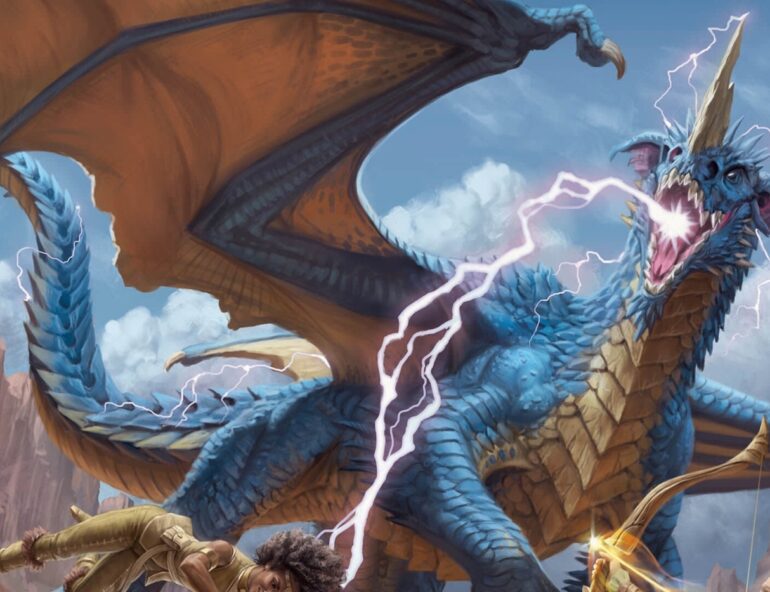TL;DR:
- Hasbro partners with Xplored to introduce AI tools for Dungeons & Dragons.
- AI to dynamically generate adventures and respond to player decisions in real-time.
- OneBookShelf updates AI policies, rejecting content primarily written by AI.
- The gaming community shows mixed reactions to AI involvement in game design.
- Other game developers, including Blizzard and Ubisoft, also explore AI integration.
- AI-generated art and chatbots offer opportunities for smaller game developers.
- Tensions arise as the industry balances innovation with preserving traditional gameplay.
Main AI News:
Hasbro, the entertainment powerhouse synonymous with iconic franchises like Transformers, G.I. Joe, and My Little Pony, is delving into the realm of artificial intelligence with its flagship game Dungeons & Dragons. According to reports by Gizmodo, Hasbro is collaborating with the Italian gaming company Xplored to introduce cutting-edge AI tools that will dynamically generate adventures and respond in real-time to player decisions.
Founded in 2008, Xplored is the mastermind behind the Teburu gaming platform, aiming to bridge the gap between traditional tabletop gaming and the possibilities of artificial intelligence. This strategic partnership between Hasbro and Xplored promises to redefine the immersive experience that Dungeons & Dragons has to offer.
Adam Biehl, the Senior Vice President and General Manager of Hasbro Gaming, shared the company’s vision, stating, “Our approach here is to thoughtfully add multimedia content and digital capabilities to enrich storytelling, game mechanics, and player onboarding while preserving what people value in board games: face-to-face interaction, and the satisfying tactility of rolling dice and moving physical components.”
However, not all corners of the gaming industry are receptive to the idea of AI’s intrusion into their creative spaces. OneBookShelf, the company behind the popular DriveThruRPG marketplace and the Dungeons & Dragons-themed Dungeon Masters Guild, recently made a stand against AI-generated content. They updated their AI policies, declaring that they would not accept commercial content primarily authored by AI language generators.
The decision reflects the prevailing sentiment in some gaming communities, where AI use in video game design has faced criticism and resistance. Instances of AI-assisted content creation, like in Cyan Worlds’ Firmament, have garnered mixed reactions from players, with some feeling betrayed by the undisclosed involvement of AI.
Hasbro’s foray into the AI landscape places them in the company of other prominent game developers who have embraced the technology. Blizzard Entertainment, Roblox, Square Enix, and Ubisoft are among the pioneers leveraging AI’s potential to enhance gaming experiences.
Even though there is resistance from certain quarters, some developers view AI-generated art and chatbots as valuable tools in roleplaying games and democratizing content creation beyond just major game studios. For example, in the Discord-based roleplaying game Alchemy: Battle for Ankhos, AI-generated content has proven to be an efficient and effective way to realize the creators’ vision without the need for a dedicated art studio.
Conclusion:
Hasbro’s move to incorporate AI into Dungeons & Dragons reflects a growing trend in the gaming industry. While some welcome the potential for enhanced storytelling and gameplay, others express concerns over the impact of AI on creative expression and player experience. The market will likely see increased experimentation with AI in gaming, prompting discussions around intellectual property, ethical considerations, and the ongoing quest to strike a balance between technological advancement and the essence of traditional gaming. As the landscape evolves, it remains essential for industry stakeholders to navigate these dynamics and cater to diverse player preferences.

